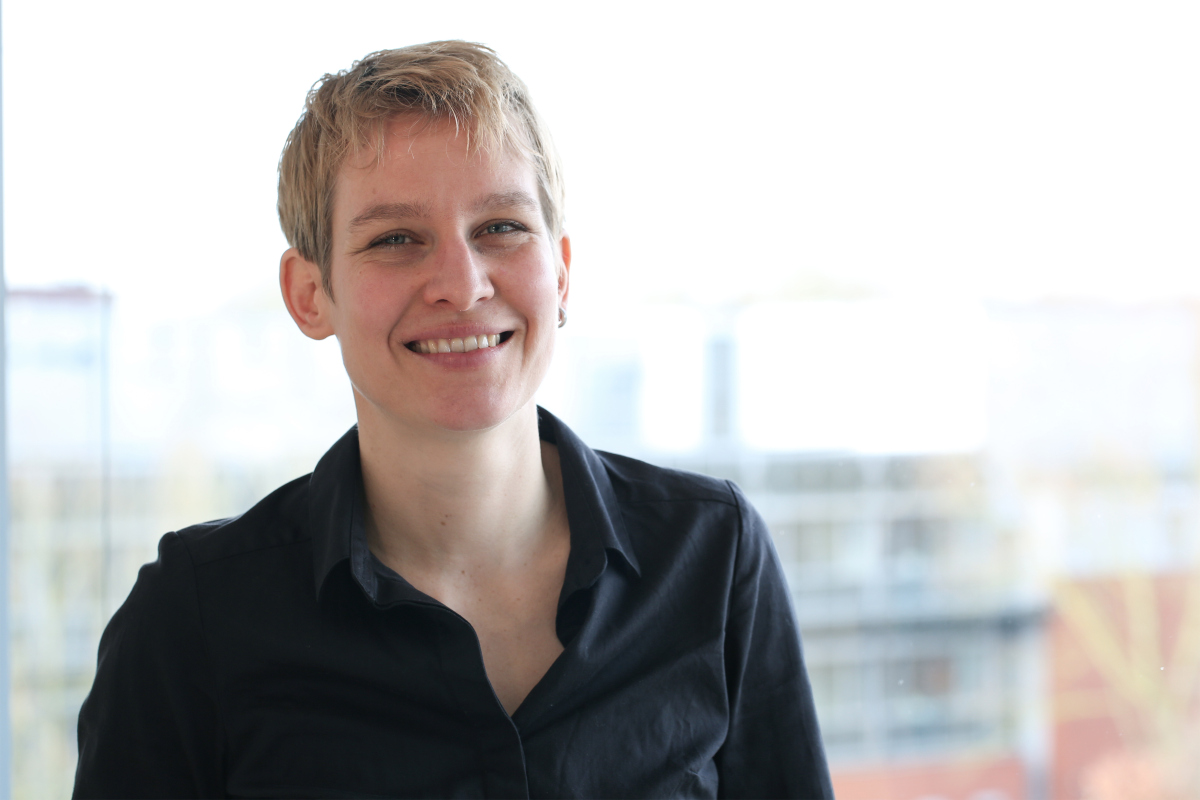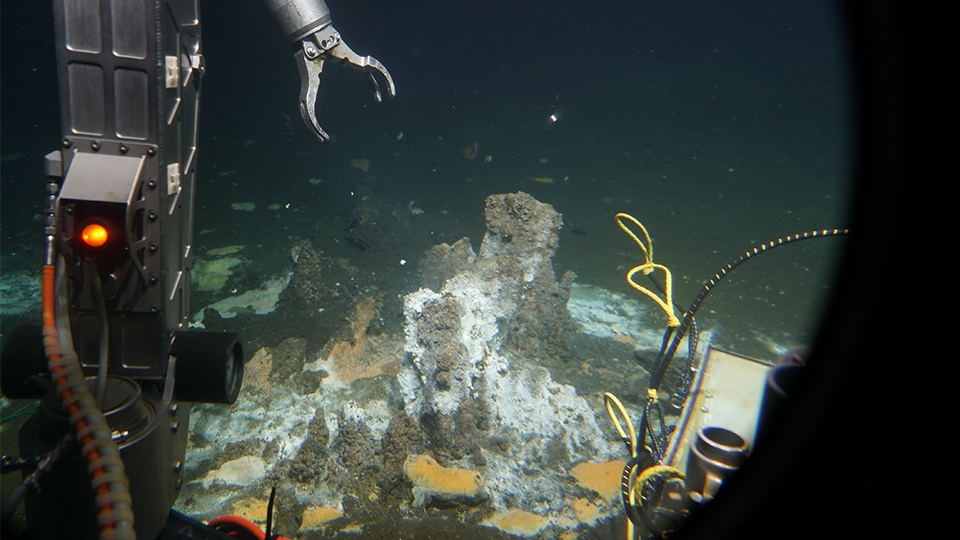- Press Office
- Press releases
- Award for research into the deep biosphere
Award for research into the deep biosphere
A team of researchers around Gunter Wegener and Hanna Zehnle from the Max Planck Institute for Marine Microbiology Bremen and at MARUM – Center for Marine Environmental Sciences at the University of Bremen has been working on the questions. For the first time, they were able to demonstrate in laboratory cultures how petroleum components are broken down by archaea – a group of microorganisms. The publication in the journal Nature Microbiology has now been selected by the International Center for Deep Life Investigation as one of the five best studies in 2023 for research into the deep biosphere.
The work “identifies a new set of organisms that may be responsible for oil degradation in in high-temperature wells” states the jury. For the first time, the team of authors had enriched anaerobic archaea that oxidize petroleum alkane chains of 5-14 carbons, using a newly discovered enzyme, an alkyl-CoM reductase (Acrs).
First author Hannah Zehnle and her co-authors from the Max Planck Institute for Marine Microbiology, the MARUM – Center for Marine Environmental Sciences and the Department of Geosciences at the University of Bremen used sediment from the 2,000-meter-deep Guaymas Basin in the Gulf of California. Due to geological peculiarities, high temperatures, liquid petroleum components and anaerobic conditions are found here at shallow sediment depths, which would otherwise only be found in deep-seated oil reservoirs and would therefore be much more difficult for researchers to reach.
In the Bremen laboratory, the researchers prepared cultures with liquid alkanes and allowed them to grow without oxygen, i.e. anaerobically, at high temperatures (70 degrees Celsius). The study shows that the enzymes involved can also act in completely different metabolic pathways and on liquid and therefore toxic hydrocarbons.
Colleagues from the Department of Systems Biology, National Center for Biotechnology-CSIC Madrid (Spain), the Max Planck Institute for Multidisciplinary Sciences Göttingen and the Department of Earth, Ocean and Environmental Sciences, University of North Carolina (USA), were also involved.
From proposed top publications of 2023, a committee has selected five articles that make the most remarkable contributions to deep biosphere research. Every year, the International Center for Deep Life Investigation (IC-DLI) honors scientific publications that are groundbreaking for research on and in the deep biosphere. The awards are intended to recognize significant scientific contributions and outstanding young scientists, according to the IC-DLI. The aim is to promote contributions to deep life research and support the next generation of researchers in this field.
Original publication
Hanna Zehnle, Rafael Laso-Pérez, Julius Lipp, Dietmar Riedel, David Benito Merino, Andreas Teske, and Gunter Wegener: Candidatus Alkanophaga archaea from Guaymas Basin hydrothermal vent sediment oxidize petroleum alkanes. Nature Microbiology 2023.
Read more:
Please direct your queries to:
Scientist
HGF MPG Joint Research Group for Deep-Sea Ecology and Technology
MPI for Marine Microbiology
Celsiusstr. 1
D-28359 Bremen
Germany
|
Room: |
1335 |
|
Phone: |

Head of Press & Communications
MPI for Marine Microbiology
Celsiusstr. 1
D-28359 Bremen
Germany
|
Room: |
1345 |
|
Phone: |

